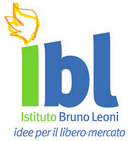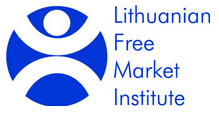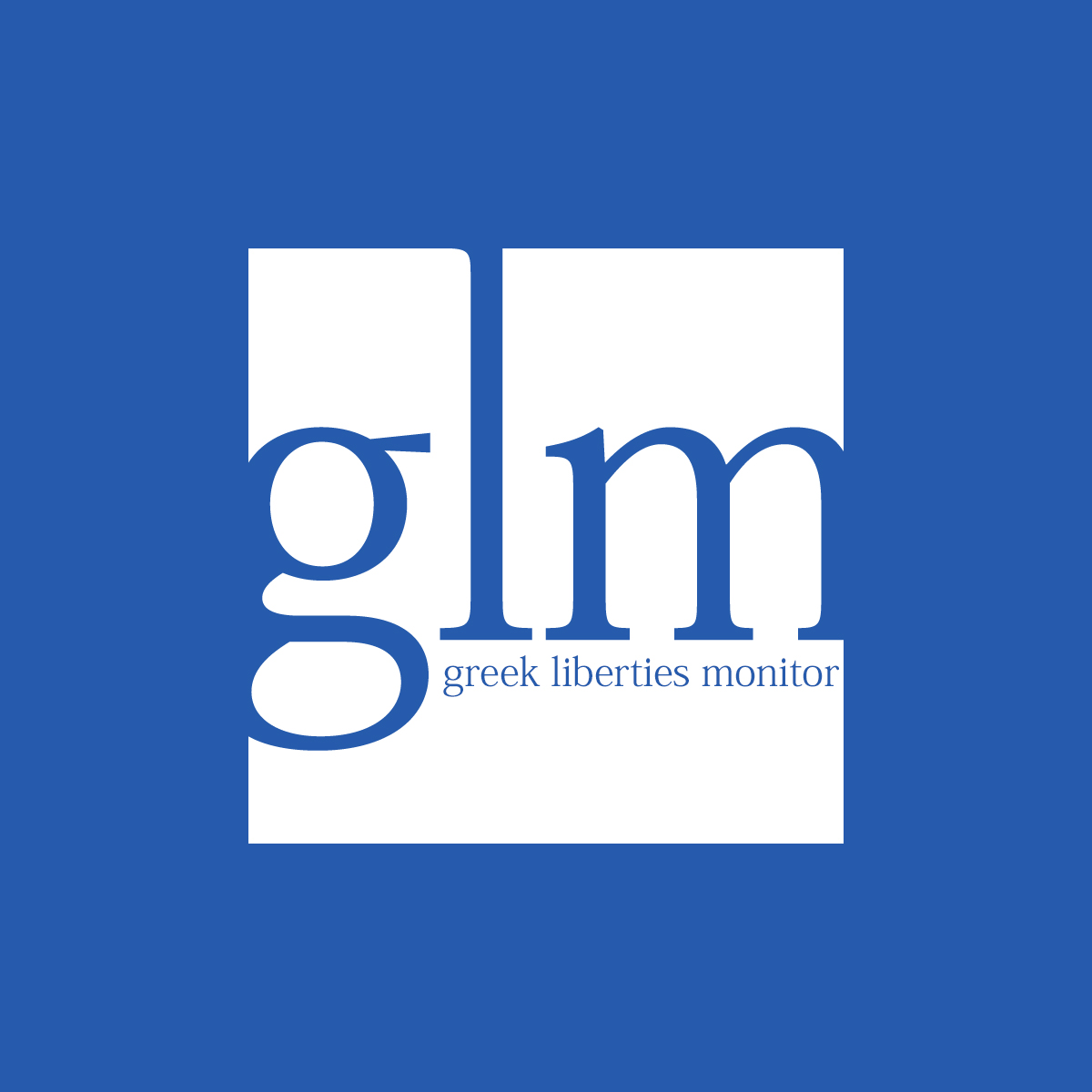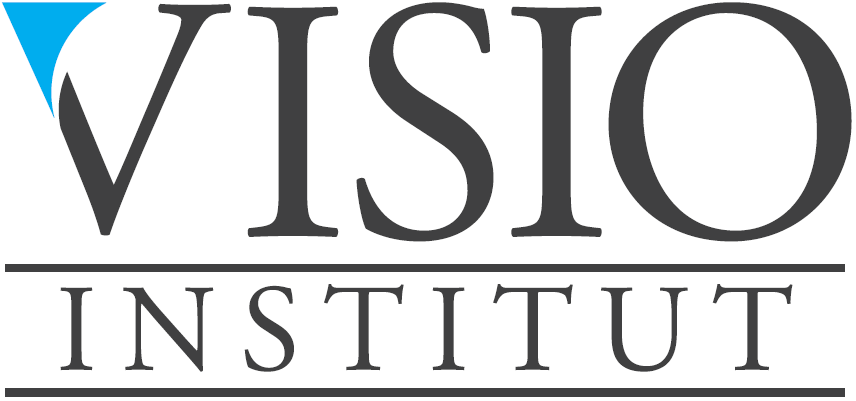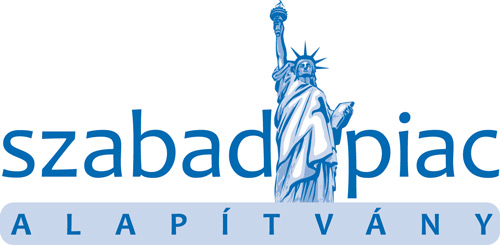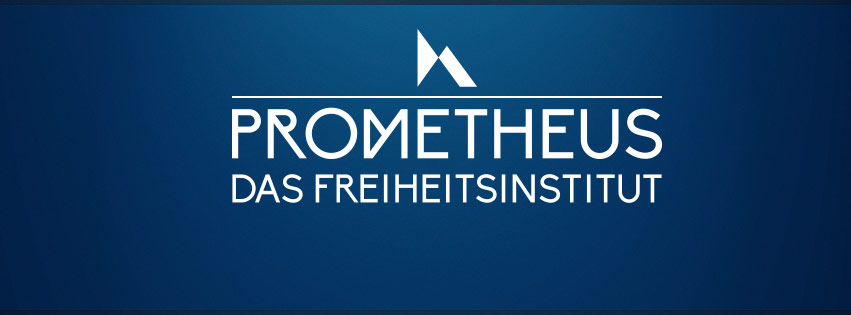About
The Nanny State Index (NSI) is a league table of the worst places in the European Union to eat, drink, smoke and vape. The initiative was launched in March 2016 and was a media hit right across Europe. It is masterminded and led by IEA’s Christopher Snowdon with partners from all over Europe. The 2017 edition of the index was revealed during a full day conference in Brussels and featured high level discussions and debates between MEPs, industry experts, think tankers and regulators about the effects of regulation on health outcomes.
Enquiries: info@epicenternetwork.eu
Download the pdf here.
Categories
About the Editor
Christopher Snowdon is the head of Lifestyle Economics at the Institute of Economic Affairs. His research focuses on lifestyle freedoms, prohibition and policy-based evidence. He is a regular contributor to the Spectator Health blog and often appears on TV and radio discussing social and economic issues.
Snowdon’s work encompasses a diverse range of topics including ‘sin taxes’, state funding of charities, happiness economics, ‘public health’ regulation, gambling and the black market. Recent publications include ‘Drinking, Fast and Slow’, ‘The Proof of the Pudding: Denmark’s Fat Tax Fiasco’, ‘The Crack Cocaine of Gambling?’, ‘The Wages of Sin Taxes’, ‘Drinking in the Shadow Economy’, ‘Sock Puppets: How the government lobbies itself and why’ and ‘Closing Time: Who’s killing the British pub?’. He is also the author of ‘Selfishness, Greed and Capitalism’ (2015), ‘The Art of Suppression’ (2011), ‘The Spirit Level Delusion’ (2010) and ‘Velvet Glove, Iron Fist’ (2009).
Greece 2017

Greece’s taxes on beer and spirits taxes are relatively high and the government introduced a tax on wine for the first time in 2016 (at €0.21 per litre). Alcohol advertising is mostly unrestricted although it cannot be broadcast on TV or radio until 7pm.
Tobacco retail displays are banned with the exception of specialist tobacco outlets such as kiosks and duty-free shops. The sale of cigarettes in vending machines was banned in 2009. Smoking is prohibited in workplaces, bars and restaurants.
There is an exemption for casinos and bars larger than 300 square metres which can allow smoking in designated areas no larger than half of the total floor space. Smoking in taxis and public transport is forbidden as well as in private vehicles if there is a passenger under 12 years old.
E-cigarettes are legal but vaping is banned wherever smoking is banned and Greeks cannot buy e-cigarettes or vaping fluids from other countries by mail order.
Since 1971, there have been mandatory limits on the amount of salt that can be put in manufactured bread, tomato juice and tomato concentrates. Until August 2014, Greek law stated that bread must be sold in pieces of 250, 350, 500, 750 or 1000 grams, but that rule has been replaced by a law dictating that each piece of bread must be weighed for the consumer to pay the exact amount according to the price per kilo.
Greece’s dire economic problems have led its government to raise various taxes in an effort to reduce its budget deficit. In addition to the new wine tax, a tax on e-cigarettes came into effect in January 2017 (at €0.10 per ml) and there have been tax rises on beer, cigarettes, coffee and ‘electronically heated tobacco products’ (the latter is €156.70 per kilogram).
With thanks to Michael Iakovidis, Greek Liberties Monitor
 Austria
Austria Belgium
Belgium Bulgaria
Bulgaria Croatia
Croatia Cyprus
Cyprus Czech Republic
Czech Republic Denmark
Denmark Estonia
Estonia Finland
Finland France
France Germany
Germany Greece
Greece Hungary
Hungary Ireland
Ireland Italy
Italy Latvia
Latvia Lithuania
Lithuania Luxembourg
Luxembourg Malta
Malta Netherlands
Netherlands Norway
Norway Poland
Poland Portugal
Portugal Romania
Romania Slovakia
Slovakia Slovenia
Slovenia Spain
Spain Sweden
Sweden Turkey
Turkey United Kingdom
United Kingdom
